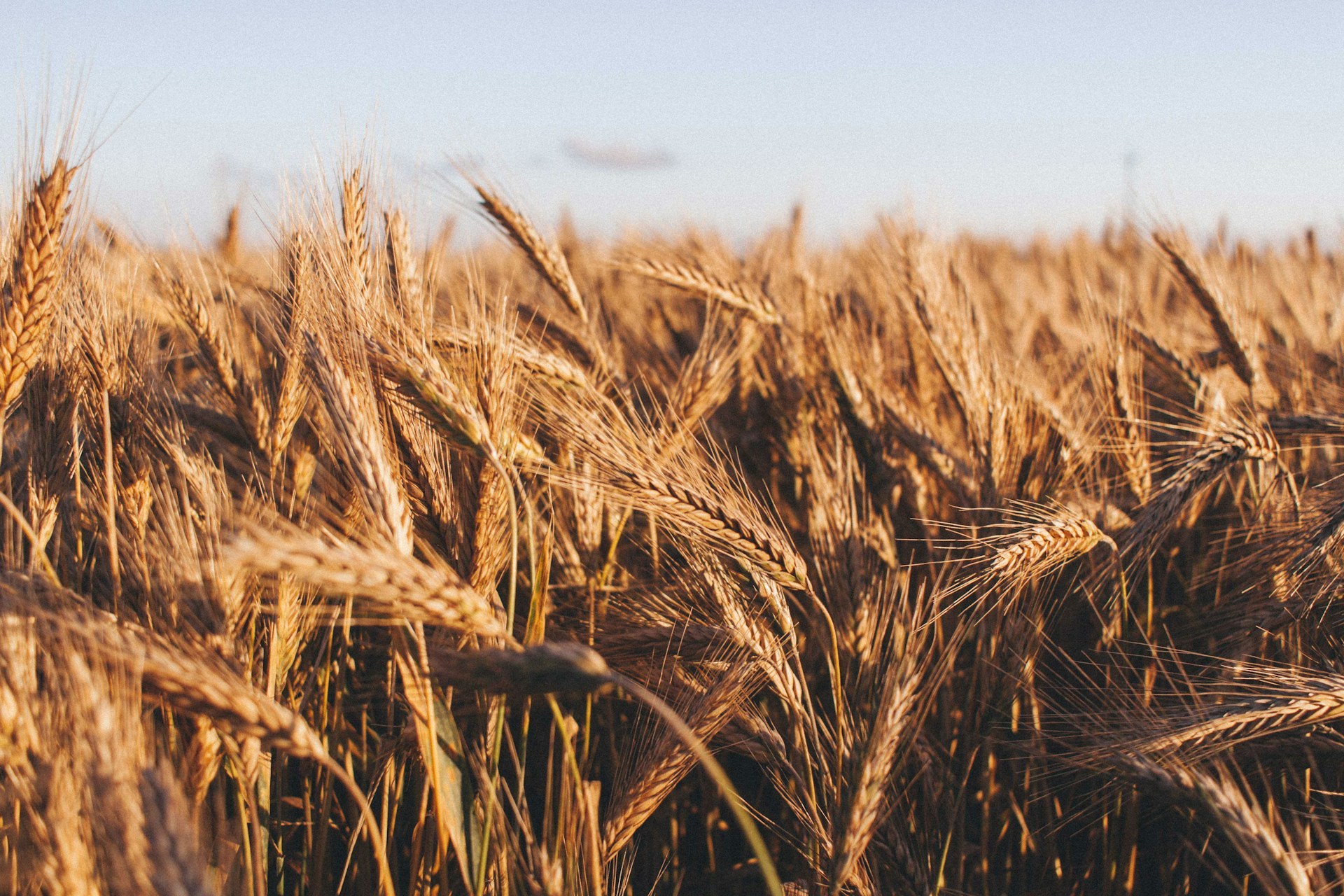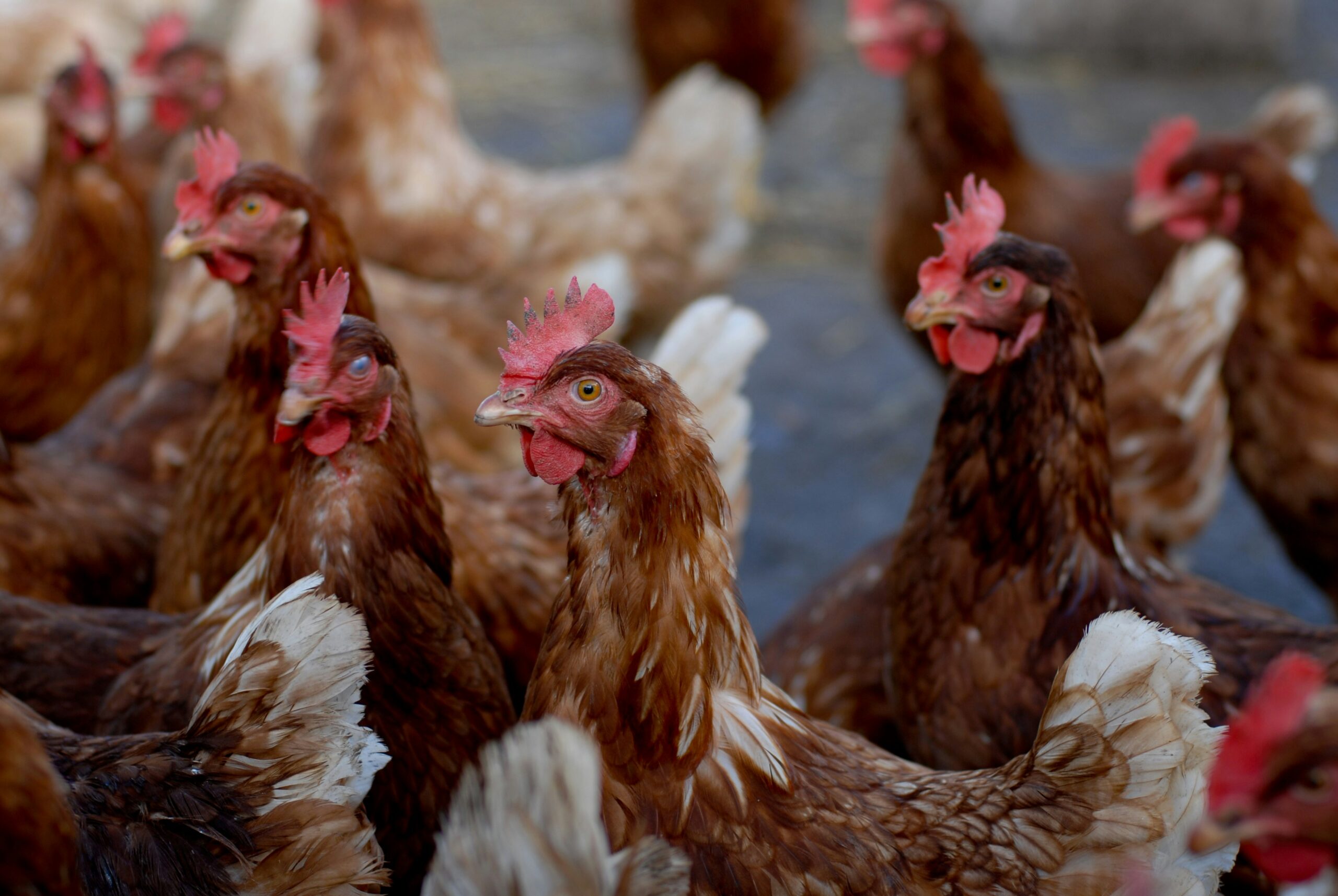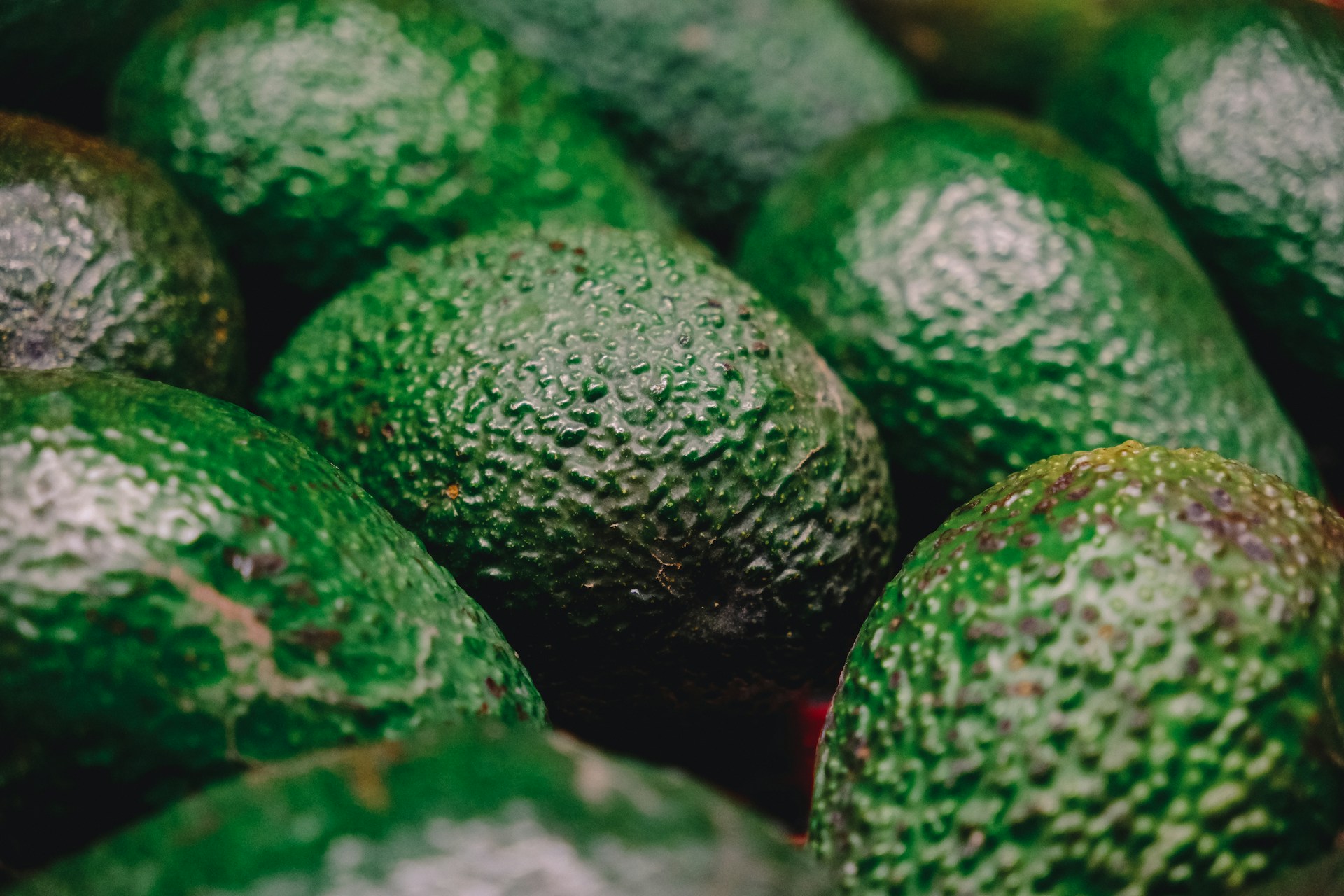Casablanca – As the global wheat market continues to shift, Morocco has significantly increased its imports of Russian wheat to secure its food supply for the coming months. Between January and March 2025, the country imported a substantial 124,000 tons of wheat from Russia, more than double the amount it imported during the same period in 2024. This sharp rise underscores the growing importance of Russian wheat in Morocco’s agricultural supply chain, as the country seeks to navigate the challenges posed by local droughts and fluctuations in global market prices.
The surge in wheat imports is a direct response to ongoing drought conditions in Morocco, which have had a detrimental effect on the country’s own wheat production. In 2024, Morocco’s domestic wheat harvest was cut by half, as the drought severely impacted agricultural output. With these challenges in mind, the country has turned to global markets to bolster its wheat reserves. Russia, a major global wheat producer, has become a key player in meeting Morocco’s needs.
According to data from Russia’s Federal Service for Veterinary and Phytosanitary Surveillance (Rosselkhoznadzor), Morocco has now positioned itself as one of the leading importers of Russian wheat in Africa and the Middle East, second only to Nigeria. Between January 1 and March 9, 2025, Morocco imported 124,000 tons of wheat, compared to just 54,300 tons during the same period in 2024, marking a remarkable 130% increase. This development highlights a growing trend among Moroccan importers to secure wheat from Russia, as the country diversifies its sources of supply in response to both local and global market uncertainties.
The rising demand for wheat in Morocco is part of a broader trend across Africa and the Middle East. Other countries in the region have also increased their imports of Russian wheat. For instance, Nigeria, a major wheat consumer, imported over 131,000 tons of Russian wheat in the same period, while Lebanon and Cameroon also saw significant upticks in their wheat imports. Lebanon’s wheat imports rose by nearly two and a half times, reaching around 96,000 tons, while Cameroon doubled its imports, bringing in 50,000 tons of wheat, compared to 23,000 tons during the same period last year.
This uptick in Russian wheat imports comes at a time when overall global wheat exports have declined. According to the Russian Union of Grain Exporters, total wheat exports fell to just 2 million tons in February 2025, down from 5.5 million tons during the same month in 2024. This reduction, however, has not diminished Russia’s dominant position in the global wheat market. In fact, Russia has steadily increased its wheat exports to various countries, with the 2023-2024 season seeing an estimated 40 million tons of grain shipped globally, including 34 million tons of wheat.
While Russia’s wheat exports are on the rise, other global suppliers have also been adjusting to market conditions. Wheat prices have seen a downward trend globally, with French wheat prices dropping by 2.9% to $237 per ton, and American wheat prices falling by 5.6% to $238 per ton. Russia’s competitive pricing has made it an attractive option for countries like Morocco, especially as other major wheat exporters like France face reduced output.
Morocco’s decision to double its wheat imports from Russia is also a reflection of the country’s strategy to ensure stable food security in the face of a volatile global market. With wheat prices continuing to fluctuate and agricultural output affected by extreme weather conditions, Morocco’s agricultural policymakers have been forced to adapt quickly to changing circumstances. The country has increased efforts to diversify its sources of wheat to avoid reliance on any single supplier, while also positioning itself to respond swiftly to future supply chain disruptions.
Furthermore, to further incentivize wheat imports, the Moroccan government has introduced a new restitution system. A circular from the National Office of Cereals and Legumes (ONICL), issued in December 2024, announced a flat-rate premium for wheat imports between January 1 and April 30, 2025. The premium is designed to encourage the importation of soft wheat, ensuring the country’s grain needs are met while keeping prices stable for domestic consumers.
As the global wheat trade continues to evolve, Morocco’s increased reliance on Russian wheat highlights the shifting dynamics in international trade and the growing importance of securing stable food supplies amid uncertain global conditions. By diversifying its wheat import sources and adjusting to market trends, Morocco aims to mitigate the risks posed by unpredictable weather patterns and rising global prices, ensuring food security for its population.
















